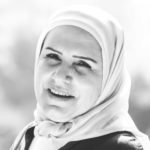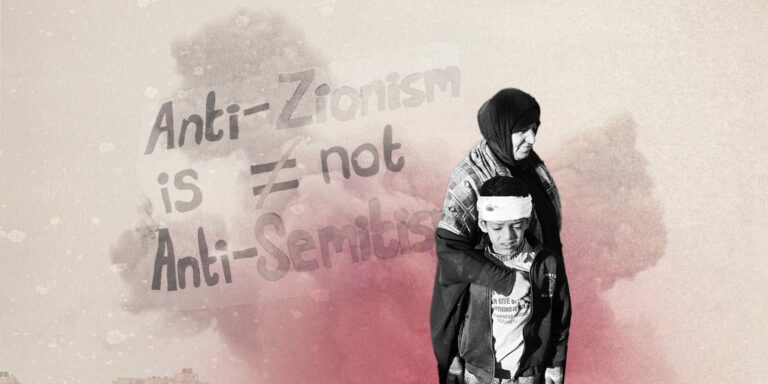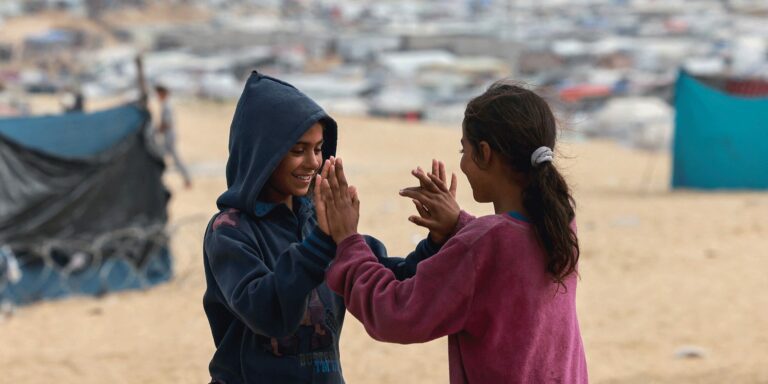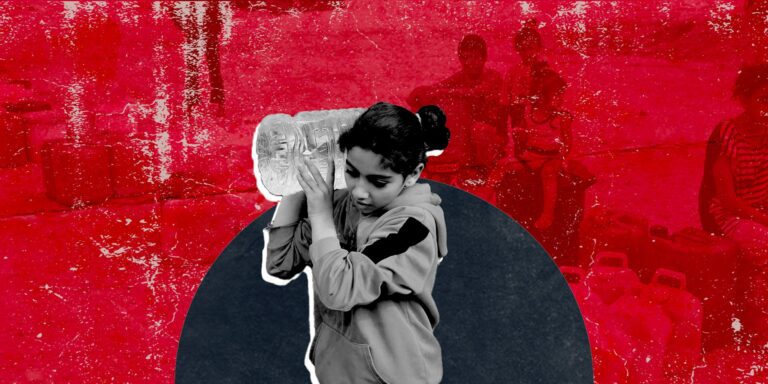Girls my age found the hijab repulsive, and it was very rare to see a girl wearing one. It was only me at school and in my neighborhood. So I shot to fame and was nicknamed “the veiled one.”
That moniker stayed with me all the way to high school, when everything was turned upside down.
I won’t go into why and how the hijab spread. Every single girl I met now was covered. So I blended in like a needle in a haystack. And my title was robbed of its luster.
In a far-off land, a group of religious men who look like us, took power and began diffusing ideologies, and exporting beliefs to us. They succeeded in winning us over into their mould.
I was little and totally oblivious to the impact of world events on my family’s way of thinking and living. But I intuited a rift between my father and my grandfather regarding the veil and the accompanying religious developments.
There was pity in her eyes whenever she saw me coming through the door with my hijab on…
My grandfather fought hard to dissuade my parents from covering me, but his arguments paled before the fervor of their conviction. They quelled his protests. Grandfather would say a hijab renders a girl ugly; it covers her God-given beauty; it drives suitors away. And my mother would respond with a condescending smile, and lecture him that the hijab, to the contrary, enhances a girl’s beauty. That the veiled girl is a buried jewel, to be plucked and enjoyed only by the deserving one.
As for my grandmother, there was pity in her eyes whenever she saw me coming through the door with my hijab on. She would unwrap it off my head, comb, braid, and lace my hair with colorful ribbons and pins. She would then rid me of loosely-hanging clothes and array me with a sleeveless dress. “Go out to the sun, my beautiful little girl! Let the air and light play over your arms, legs and neck,” she used to say.
Although my mother toiled to convince me that my veil is a protective force that made a precious hidden pearl out of me, I never felt that way. Neither did I give heed to all the moral prohibitions that the hijab brought with it. It merely covered my hair, whereas my ordinary human flaws remained there in the open, for everyone to see.
My commitment to hijab awakened in me a tough, masculine side. Somewhere deep inside, I wanted to prove to my father that I had actual muscles that inspire fear in others, and did not need that “muscle” on my head. So I ran the alleys, and fought with boys. I cursed and yelled. And I was the consummate liar. I became quite the antitype of a veiled girl, light years away from the ideal virtues a hijab requires of her.
Come the teenage years where I happened upon my grandfather’s radio device. I fell in love with the songs of Sabah and Abdel-Halim, and I daydreamed about the lover who would make my heart beat faster, and give me my first kiss. I kept this a secret, especially from my mother who saw me as a religious project and a reformation workshop. I had an unusual life, as a result.
Because of that early religious life, I look at the latest pietistic awakenings of our times and I am repelled. I can acknowledge them no more than I did the less ritualistic movements before them.
My family dug a tunnel for me that I managed to exit. Other girls found a way out only to get lost in other tunnels. But I soared high. Perhaps, I am not as deeply affected by that upbringing as I thought. My reaction is balanced. It is not something that I can rationalize.
Getting out of that tunnel spared me the heavy burden of the place I was born into. Its old baggage has no more place in my life than it does in the present and future of our civilization. I was given to see through the very source and the motives behind the religious rituals and the behaviors they dictated.
So I decided to return to my grandfather’s simple religion.
Today, I am a normal woman. Neither a delicate pearl nor a bundle of muscles ready for battle. I get to dress the way I want. I choose my own colors and shapes. I pick up the size that I like. I gave up the habit of wearing clothes that others force upon me, and which inhabit me like a dark magic spell.
I go to my father and find him content that his whole life, experiences and abilities, are now crowned by the title “hajj” (He who made a pilgrimage to the holy city of Mecca.) And there is my mother, basking in her ceremonial, religious enclosure.
I walk away.
I hunger for a life that honors what my consciousness has been given to realize. I try to open all the doors in front of me. I don’t mind inviting trouble. I am constantly trying to mend the broken mirror of my soul. I want my soul, even if only once, to see itself as it really is, reflected without scratches or distortions. I freed my suffocated voice. I let it scream, rebel, declare its existence, defy every taboo!
Behind every thought, there lurks a lie.
Every ritual has a certain attraction that lures and entraps people.
Behind every social mask, there is a real woman. If she were to take the mask off, her beauty will scream louder.
There are places we have never been to, but we are nevertheless being led there in the secrecy of our hearts.
On the face of it, the road to emancipation is desolate and lonely. But we are not as alone as we think. Our real companion is invisible. God is with us.






